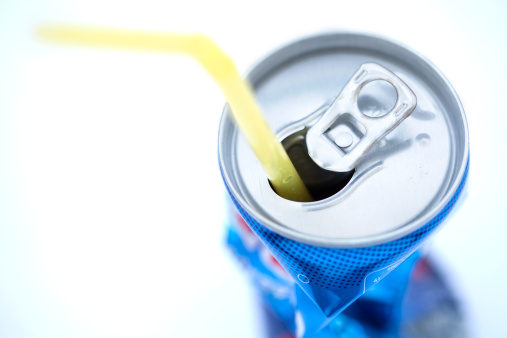Research Triangle Park, NC—A new study shows that soda fanatics, iced tea lovers and fruit punch aficionados are at a higher risk of developing depression than those who don’t drink sweetened beverages.
The National Institutes of Health (NIH) released this study in early January and will be presenting it at the American Academy of Neurology meeting in March. Researchers tracked the consumption of sweetened drinks of 263,925 people between the ages of 50–71 years from 1995 until 1996. A decade later, in 2005, researchers found that over 11,300 of them had been diagnosed with depression since the year 2000.
The research shows that people who drink four or more servings of soda a day are 30% more likely to develop depression than non-drinkers. It also shows that avid fruit punch drinkers are 38% more likely to develop depression than those who stay away from sweetened beverages.
Researchers also found that adults who drank coffee had a 10% lower risk of depression than those who didn’t. This evidence also supports a study published in the Archives of Internal Medicine in 2011 that found women who drink fully caffeinated coffee have a lowered risk of depression than non-coffee drinkers.
The high sugar content of sweetened beverages isn’t believed to be the main problem; because the study shows that diet sodas, iced teas, and fruit punches lead to a higher risk of depression, researchers believe that artificial sweeteners, namely aspartame, may be the culprit.
Study leader Honglei Chen, M.D., Ph.D., of the NIH said that the findings are preliminary and that the biological mechanisms behind the linkage are still unknown. While the study found a correlation between soda-drinking and depression, it cannot definitively show that drinking soda causes depression.
Cutting back on sweetened beverages and turning to coffee instead may naturally lower the risk of developing depression, according to Chen. He also said that more research needs to be done; therefore, people who are diagnosed with depression should continue taking prescribed medications and should not depend solely on eliminating soda from their diets to help.
Published in WholeFoods Magazine, March 2013 (online 2/1/13)










